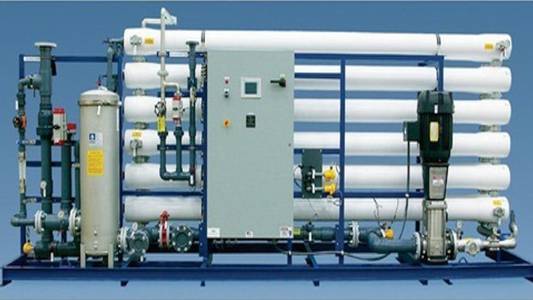
Nano filtration (NF) is a membrane-based water treatment technology that offers a compelling balance between high performance and operational efficiency. Unlike reverse osmosis (RO), NF utilizes a membrane with larger pore sizes, allowing the passage of smaller dissolved salts and monovalent ions while effectively rejecting larger molecules, such as multivalent ions, organic pollutants, and pathogens. This makes it a versatile solution for a wide range of applications.
How it Works:
Nano filtration works by applying pressure to force water through a semi-permeable membrane. This membrane contains precisely engineered pores with a size typically ranging from 1 to 10 nanometers. These pores are designed to selectively remove contaminants while allowing smaller molecules and water to pass through. The process effectively reduces:
Advantages of Nano Filtration:
Applications:
Limitations:
Conclusion:
Nano filtration offers a sophisticated and efficient approach to water purification, providing a compelling middle ground between microfiltration and reverse osmosis. Its ability to remove a broad range of contaminants while maintaining a higher flux rate and lower energy consumption makes it an attractive option for a wide array of applications demanding high-quality, purified water. Consider nano filtration when you need a robust and cost-effective solution for enhanced water purity.